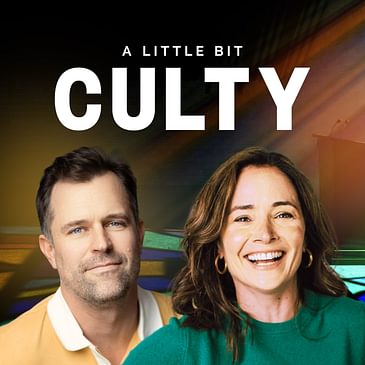Today’s episode is Sponsored by BetterHelp.
If hell is real, there is perhaps no circle of it as harrowing nor vile as the experience of growing up in the Children of God cult. Still active under the name “The Family International,” the group is known for being a real-life manifestation of the shittiest of shitty macabre practices, such as child sexual abuse involving their “Law of Love,”—a mandate for females of all ages to show Jesus their love by letting men straight up rape them.
One would hope that growing up in COG would be the last coercive, abusive, and negligent experience for today’s guest, Daniella Mestyanek Young, who is an American author, keynote speaker, and previous Captain in the US Army. One would also hope for ponies and rainbows and a bigger tax return this year but HEY, life’s no cake walk. On today’s episode, Young discusses her book Uncultured: a Memoir, wherein she details her cult-riddled childhood and how, shockingly, the US Army reflected comparable practices.
But how? Take a listen to part 1 of our interview with Daniella, with part 2 coming out next week.
To book Daniella Mestyanek Young as a keynote speaker on topics of group behavior and where we see cultic practices creep into less obvious groups, visit Macmillan Speakers’ Bureau
Daniella’s website
Daniella’s TikTok
Daniella’s Instagram
Daniella’s Twitter
Learn more about your ad choices. Visit megaphone.fm/adchoices

